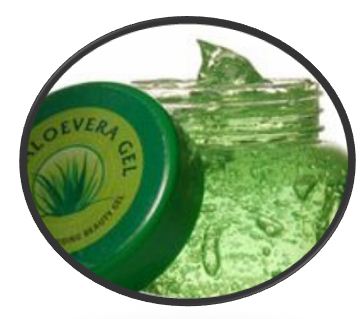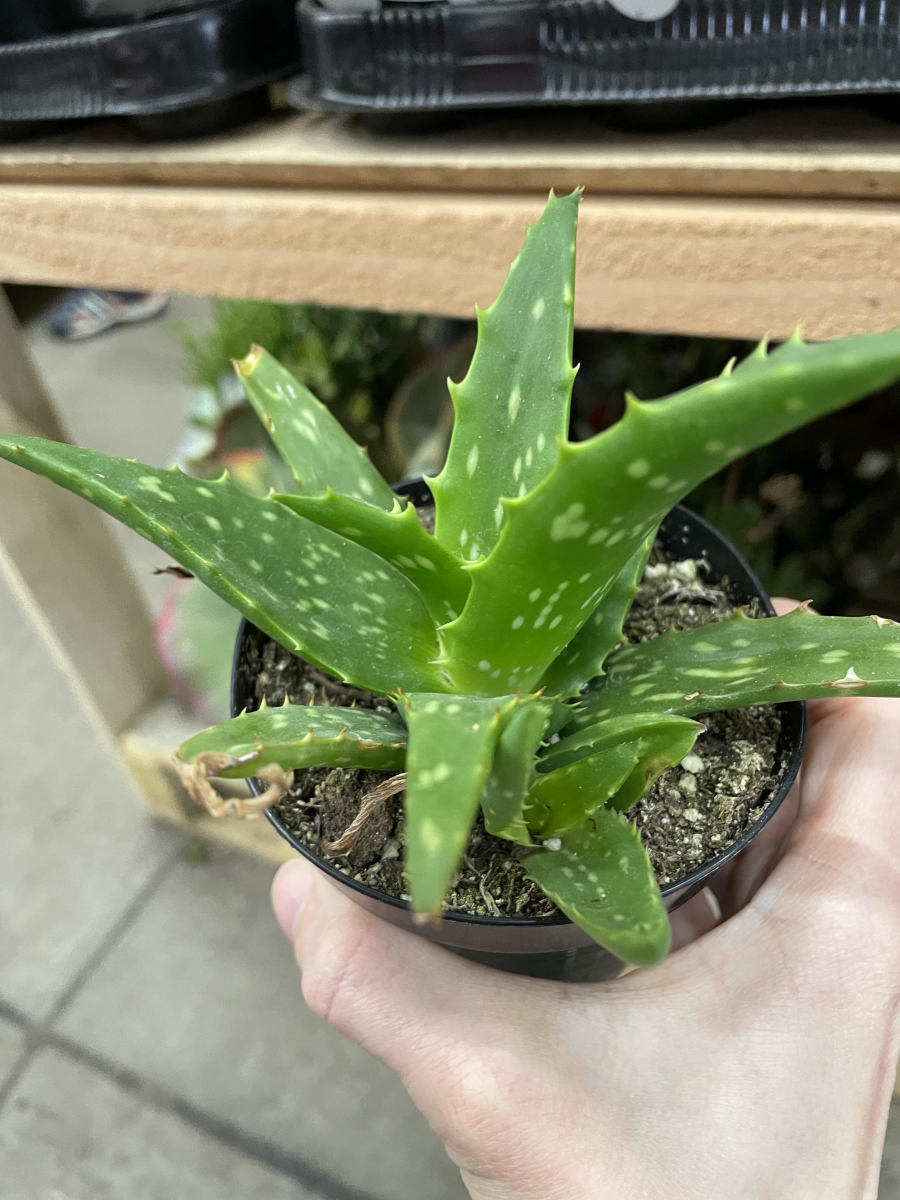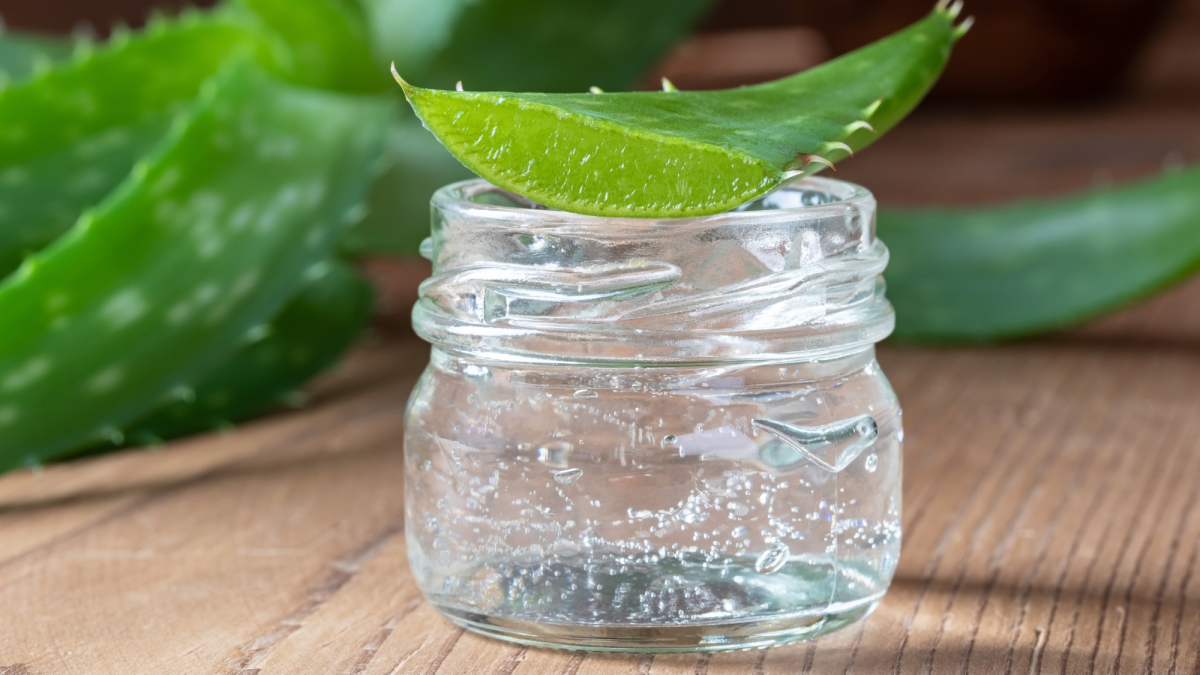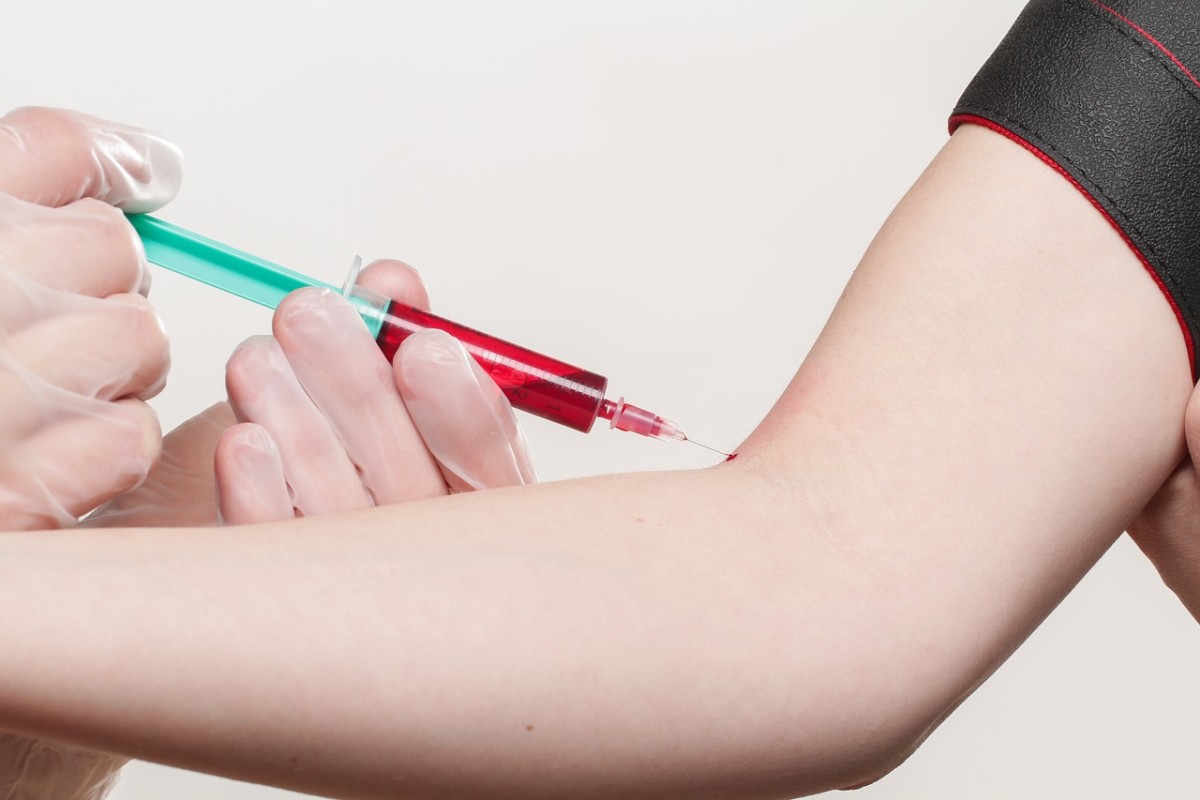Aloe Vera: Uses, Health Benefits and Side Effects
Aloe vera belongs to Aloeaceae family and known by other vernacular names such as Guarpatha (Hindi), Chirukuttali (Tamil), Korphad (Marathi), Lolisara (Kannada) and Kattuvala (Malayalam), ghrita kumari in Hindi etc.
It is a succulent herb that has its leaves crowded on top of the stems. Aloe vera is used in various herbal preparations and has become very popular due to awareness in people about side effects of synthetic products. However, people need to be aware of the side effects of Aloe and its interactions with conventional drugs.
Aloe gel and latex are two substances obtained from Aloe. Aloe gel is the jelly like substance that is visible between the green layers of the leaf when you cut the leaf in two parts. Latex is yellow colored substance and present just under the plant skin. Both the substances (gel & latex) are used for medicinal purposes.

Chemical composition
The genus Aloe has more than 500 species that differs in chemical composition among each other.
Many compounds are common and include barbaloin, aloin, aloetic acid, aloeresins, chrysophanic acid, saponins, mucopolysacchrides, glucosamines,chryso phenol, tannins, vitamins, lectins and steroids etc.
Extraction of Aloin and aloe gel
Aloin Extraction: Aloin and aloe gel may be extracted following the protocols of extraction. Extraction of aloin from Curacao aloe is done dissolving powdered aloe in boiled water (1:10, w/w) and filtering it followed by acidification of filtrate with sulfuric acid.
Precipitate is removed by vacuum filtration and discarded. After neutralizing the filtrate with ammonia solution, it is allowed to crystallization followed by recrystallization after mixing in 50 percent alcohol.
Aloe gel Extraction: It may be extracted using washed fresh leaves. Mucilaginous and colorless parenchyma is removed by peeling of the epidermis and remaining material is homogenized and diluted to make a solution that is filtered to obtain a clear liquid. It is then concentrated under reduced pressure and added with additives and preservatives.
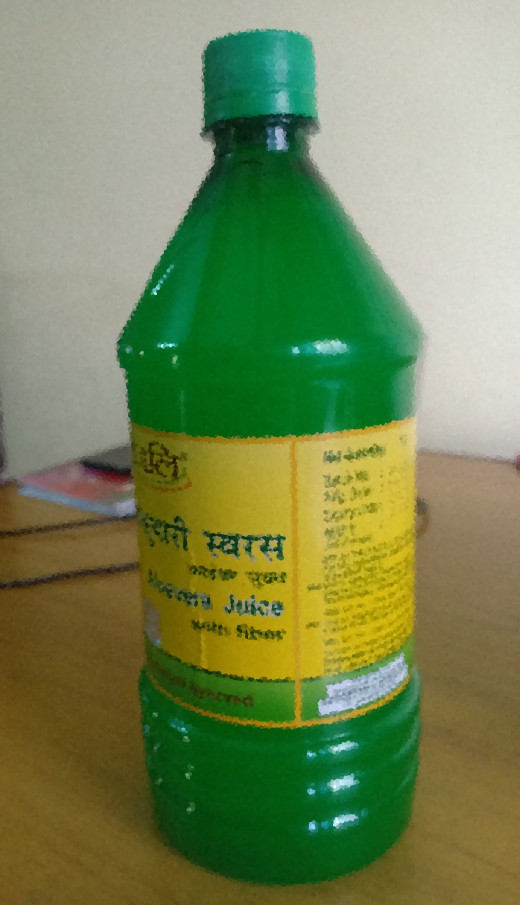
General uses of Aloe vera
Hair Care & Toiletry: its use in several hair care, cosmetic and toiletry products.
Conditioners & Moisturizers: Aloe vera is used widely in conditioners and moisturizers due to its properties of imparting shine, rehydrate and provide softness to hairs. Aloe is considered very useful as a facial moisturizer particularly for people having a sensitive and dry skin.
Body Lotions: It is used in hand and body lotions due to its characteristic of providing shine and softness to skin.
Others: Several other cosmetic preparations such as mascara, eyelash, shaving creams, sun screen creams, hair depilatories, cleansing agents, anti-acne gels, makeup removers,conditioners and lip gels etc.
Aloe juice properties
Drinking Aloe juice is reported to have several beneficial effects on health including improvement in digestion, immunity against diseases and help reduction in body weight. However, all these claims of good effects are not well supported by scientific studies involving human beings. On the contrary, some studies involving animals (rats) showed carcinogenic effects when whole leaves were used to prepare the extract.
As a thumb rule, any plant extract in high concentrations used for long may have harmful effect on human health since hundreds of chemicals are present even in aqueous extracts. Even the safest juices like 'sugarcane juice' might harm some people who fail to tolerate sugar beyond a specific limit, especially diabetic patients.
Health benefits of Aloe vera
Aloe gel is used in numerous cosmetic preparations. Also, the fresh gel and solid extract of Aloe vera are used for treatment of several diseases.
Purgative & Aphrodisiac: In medical language, Aloe vera is characterized by terms such as purgative, aphrodisiac, alexiteric, alterative and anthelmindic and found useful in treatment of eye diseases, spleen enlargement, liver ailments, skin diseases, bronchitis, asthma, jaundice and ulcers.
Wound Healing: Aloe vera gel is considered to have wound healing properties due to anti-inflammatory and antibacterial properties of its chemical constituents. However, scientific disagreement was reported with this characteristic of Aloe gel in a clinic study.
Prevents Radiation: Polysaccharides have shown promising results preventing radiation burns in animals in recent studies.Aloe is believed to possess anti-wrinkle properties and used extensively in cosmetic industry.
Side effects of Aloe Vera
Despite wide use of Aloe vera, effectiveness of various constituents as cosmetic or therapeutic appears much hyped. Scientific evidences to prove various claims are limited and often contradictory.
Toxic Effects: Gel used as an ingredient in various preparations is reported to exhibit toxic effects at higher doses when ingested or used in topical applications.
Phytochemicals in leaves: Some of the phytochemicals used for manufacturing insecticides are reportedly found to be present in the leaves of Aloe vera.
Diarrhea, Kidney Dysfunction: Several disorders such as diarrhea, kidney dysfunction and imbalances of electrolyte are reported to be caused due to ingestion of Aloe vera.
Interactions with Other Medications: Studies on interactions with conventional drugs are being studied and use of Aloe vera has to be avoided along with certain drugs. People taking diabetes, heart or kidney medications should avoid Aloe vera gel.
Contact Dermatitis: Topical applications are reported to cause phytotoxicity and to be associated with episodes of contact dermatitis and erythema.
Kidney Damage: People suffering from constipation and other ailments consume Aloe latex orally in some instances though it may have harmful effects especially at high doses since chemicals found in the latex may cause cancer and damage kidneys.
Blood Sugar: Since Aloevera lowers blood sugar, it is advised to monitor blood sugar levels regularly.
Hemorrhoids: Ingestion of latex may worsen the condition.
Heart Disturbances: Aloe latex used for long time may cause diarrhea, low potassium, muscle weakness, weight loss, and heart disturbances
In fact, FDA has few years back restricted use of Aloe in over-the-Counter laxative products in absence of supporting evidences on safety issues

